You can't cure sleep apnea but you can manage it — doctors explain how
Correct treatment can minimize the impact of sleep apnea
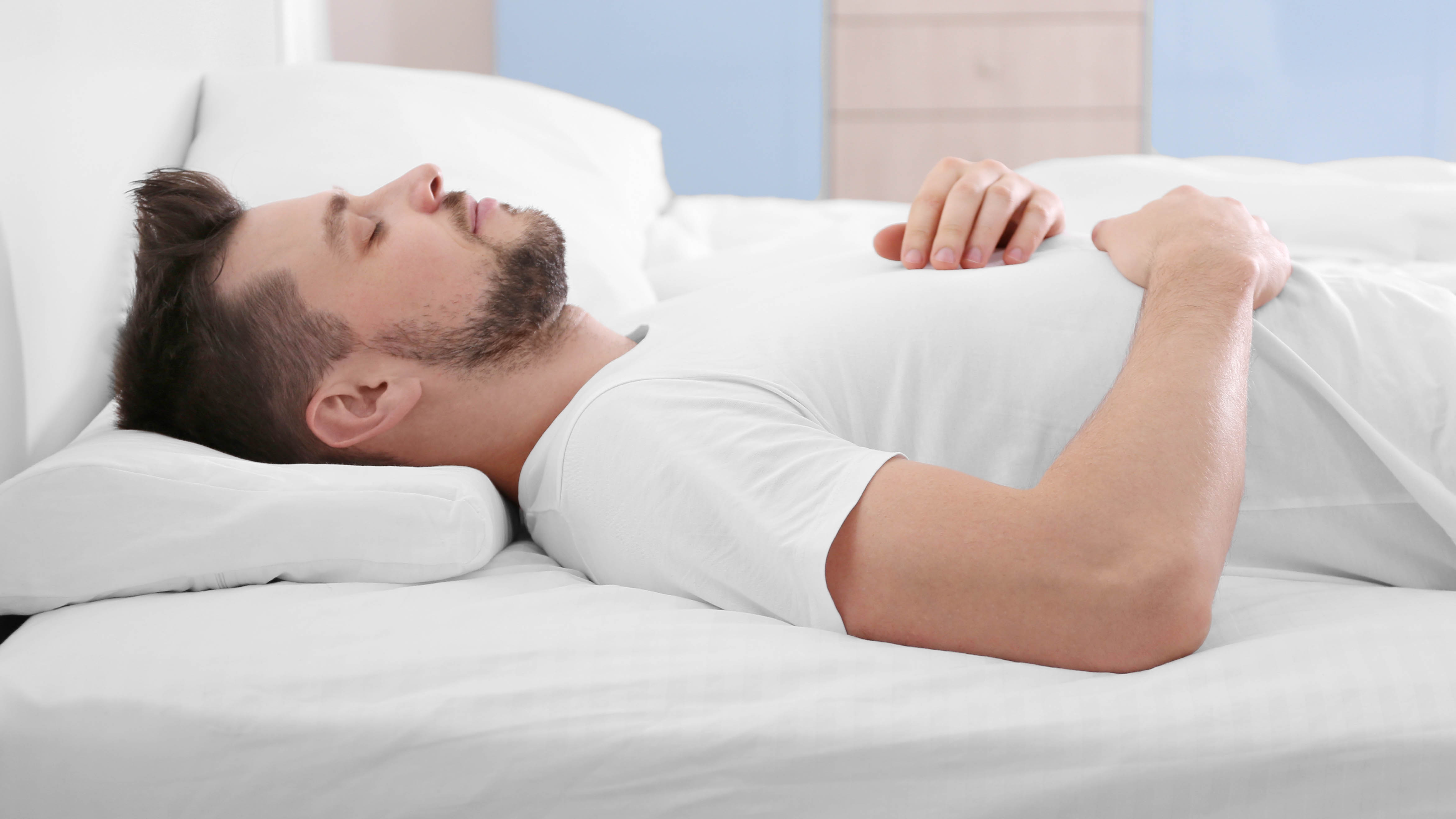
Obstructive sleep apnea is a condition that disrupts rest, leading to symptoms such as daytime fatigue, brain fog and headaches. In the long-term, untreated sleep apnea can have serious health impacts. But can you cure sleep apnea? We asked the experts.
"Obstructive Sleep Apnea (OSA) is a common sleep disorder characterized by repeated interruptions in breathing during sleep due to the obstruction of the upper airway," explains Dr. Leah Kaylor, sleep and trauma specialist.
"While there's no cure for sleep apnea, you can minimize the effects with certain treatments and lifestyle changes," says Dr. Chelsea Perry, founder of Sleep Solutions.
In this guide, we'll explore what obstructive sleep apnea is and why it can't be cured. We'll also dive into common sleep apnea treatments and how they can be used to effectively manage and minimize the impact of the condition.
What is obstructive sleep apnea?
Obstructive sleep apnea (OSA) is a common sleep disorder thought to affect up to 936 million people worldwide. Sleep apnea is characterized by intermittent breathing during sleep, which causes you to wake during the night.
"During sleep, the muscles in the throat relax," explains Dr. Kaylor. "For some sleepers, these muscles become overly relaxed, causing the soft tissue in the back of the throat to relax to the point of partial or complete airway collapse."
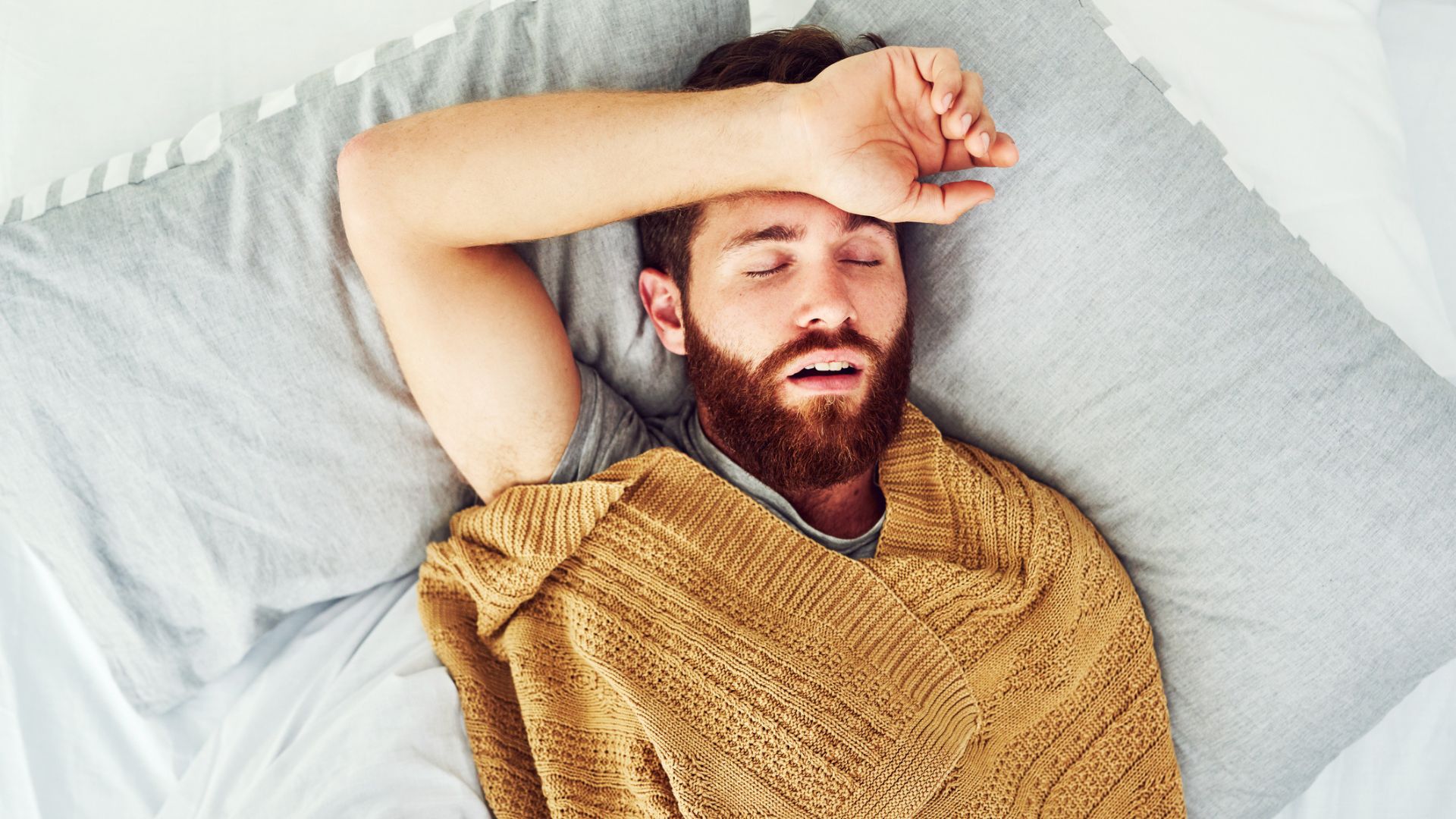
Symptoms of sleep apnea include waking up with a dry mouth and headache, loud snoring, trouble concentrating and a low mood. As sleep apnea disrupts the quality and quantity of your rest, those who experience sleep apnea will often show signs of sleep deprivation.
Sign up to get the BEST of Tom's Guide direct to your inbox.
Get instant access to breaking news, the hottest reviews, great deals and helpful tips.
In this guide we're primarily focusing on obstructive sleep apnea. Central sleep apnea (CSA) is another form of sleep apnea (albeit less common.) This occurs when the brain doesn't stimulate breathing as you sleep. We'll touch on central sleep apnea at the end of this guide.
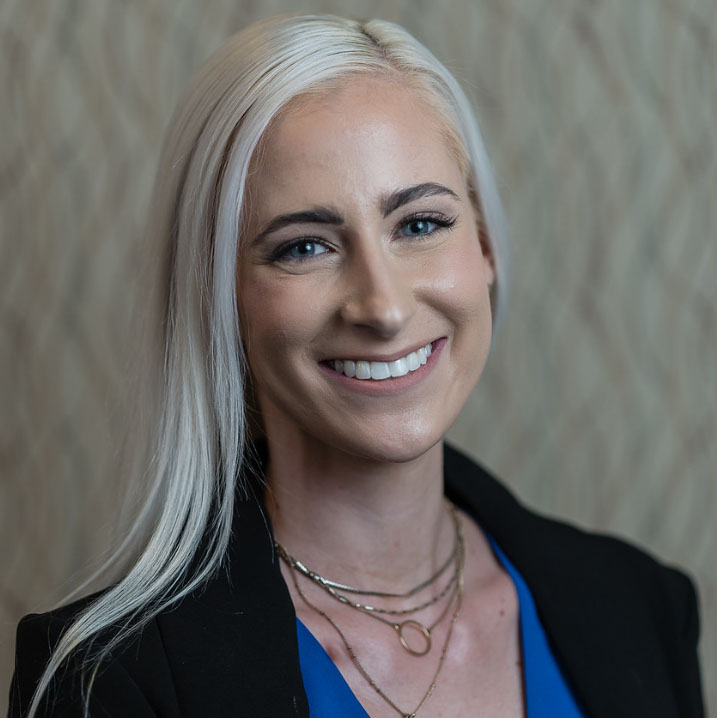
Dr. Leah Kaylor is a licensed clinical psychologist specializing in trauma and sleep at the Federal Bureau of Investigations. She completed her residency at the Memphis VA Medical Center, where she worked in the sleep clinic helping veterans with sleep hygiene, nightmares, insomnia, and CPAP adherence. Her latest book about sleep is due to be published this year.
Can you cure obstructive sleep apnea?
Obstructive sleep apnea affects millions of people worldwide, so there is plenty of ongoing research dedicated to the treatment of OSA. However, there is no cure for sleep apnea.
So why can't sleep apnea be cured? "OSA can be caused by multiple factors like; the shape of your airway, being overweight, and sleep muscle tone," explains Dr. Perry. "These underlying causes can be hard to reverse completely."
Sleep apnea treatments, including lifestyle changes, can significantly lessen obstructive sleep apnea. But as Dr. Perry explains, the underlying causes of sleep apnea means it might never be eliminated. "Genetic traits and body structure may still influence the condition making a true 'cure' near impossible," says Dr. Perry.
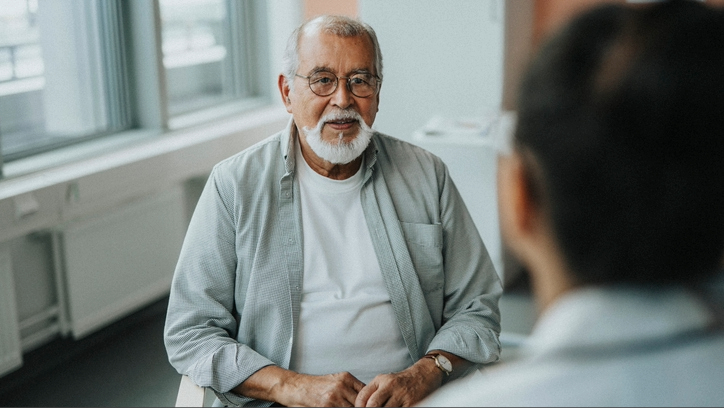
But it's not all bad news. "I don't necessarily like the word 'cured', but OSA can certainly be treated," says Dr. Kaylor. And this is a continuously developing field, with treatments such as the first FDA-approved sleep apnea medication representing new breakthroughs.
Both Dr. Perry and Dr. Kaylor are positive about the effectiveness of sleep apnea treatments. "There is a lot you can do to diminish your sleep apnea so that it's almost unnoticeable," notes Dr. Perry.
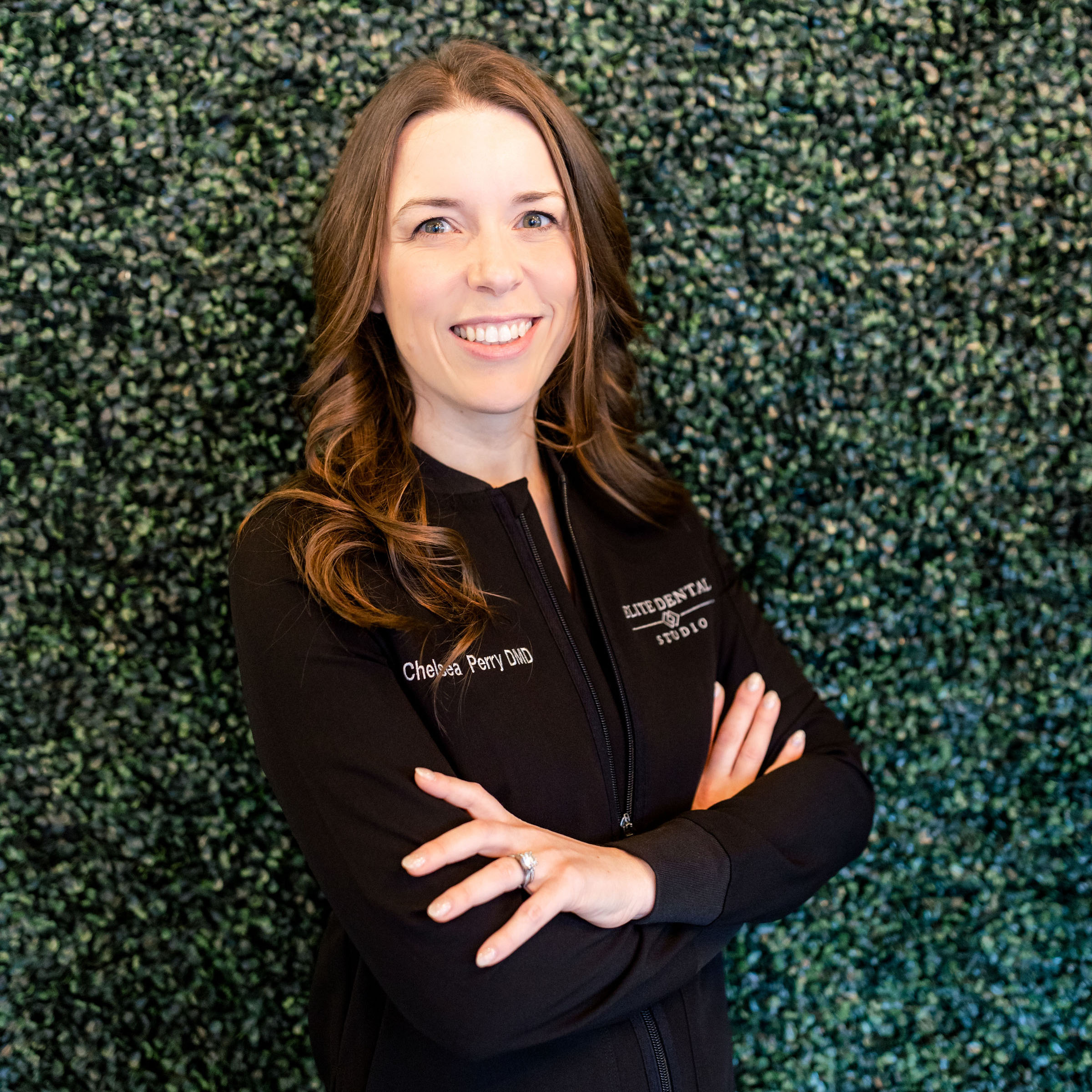
Dr. Chelsea Perry is the founder/owner of Sleep Solutions in Westborough Massachusetts. At Sleep Solutions she has a focus on treating sleep apnea and snoring. Dr. Perry passionately provides her patients with the highest quality care, focusing on sleep apnea and snoring through extensive continuing education courses.
Treatments for OSA can lessen impact
The correct treatment plan may not completely eliminate sleep apnea, but it can help those experiencing the condition enjoy healthy, restful sleep. Check out our guide to sleep apnea treatments for a detailed breakdown in. For now, here is a brief overview.
OSA is categorized by severity, and mild sleep apnea can often be minimized through lifestyle changes. Quitting smoking and reducing alcohol intake, losing weight and even changing sleeping position are all ways to treat mild sleep apnea.
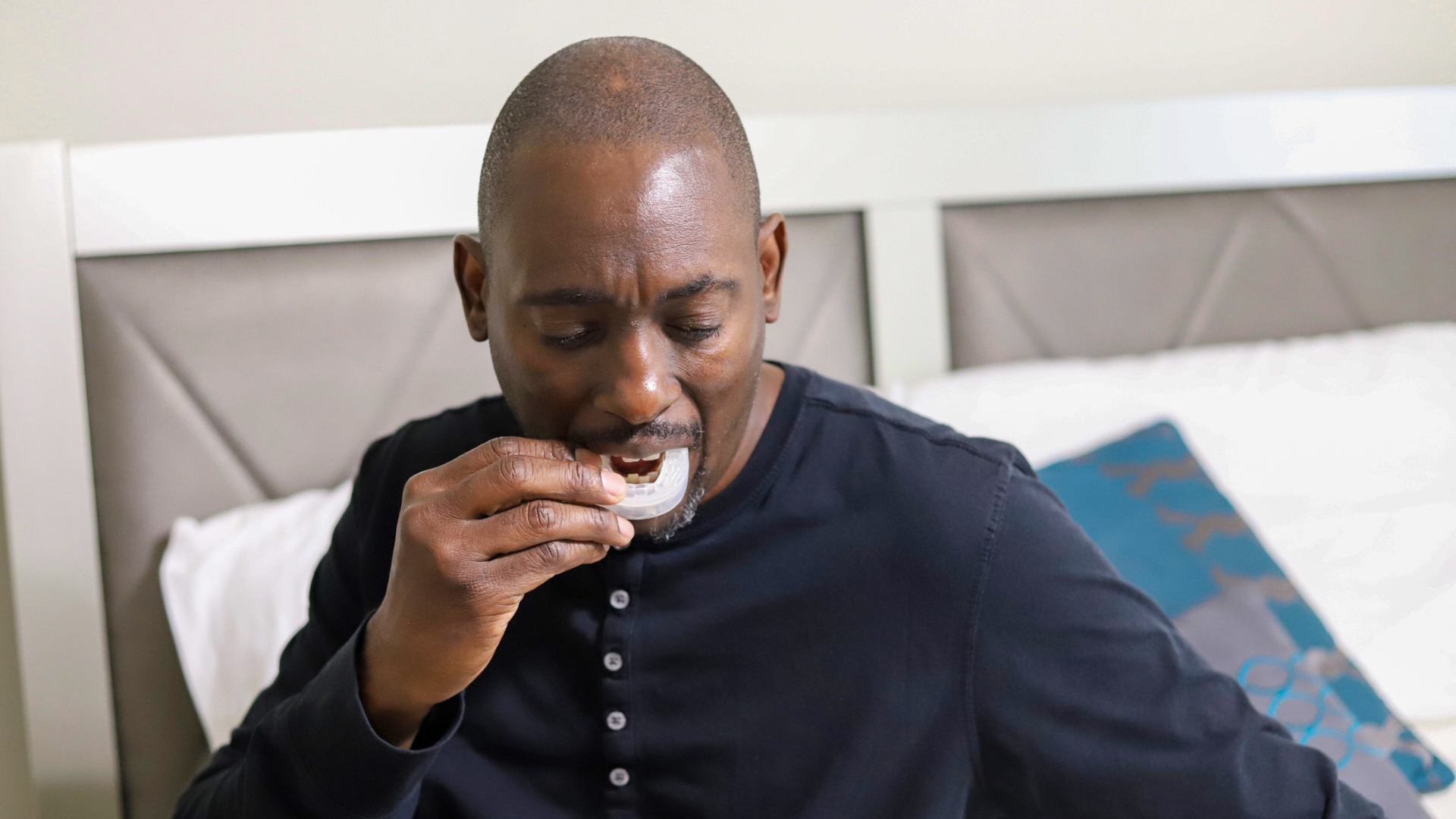
Those with moderate OSA should often consider other forms of treatment, alongside lifestyle changes (this is known as treatment stacking). Common treatments for moderate OSA include mouthguards for sleep apnea and CPAP (Continuous Positive Airway Pressure) machines.
"Severe OSA requires aggressive intervention to manage significant health risks," says Dr. Kaylor. CPAP and BiPAP (Bilevel Positive Airway Pressure) machines are both popular treatment plans, while some severe cases may require surgery; although Dr. Kaylor notes that "surgery is typically considered a last resort, when other treatments fail or are not tolerated."
Can CPAP machines cure sleep apnea?
CPAP machines are considered the gold standard of sleep apnea treatment. "This is what most people imagine when we discuss sleep apnea," notes Dr. Kaylor. "This therapy involves wearing a mask connected to a machine that delivers a constant, steady stream of air at a fixed pressure. The pressurized air keeps the airway open and prevents it from collapsing during sleep."
And CPAP machines aren't only popular, they're effective. "I can't tell you how many times people tell me their life changed after just one night with a CPAP machine," encourages Dr. Kaylor.
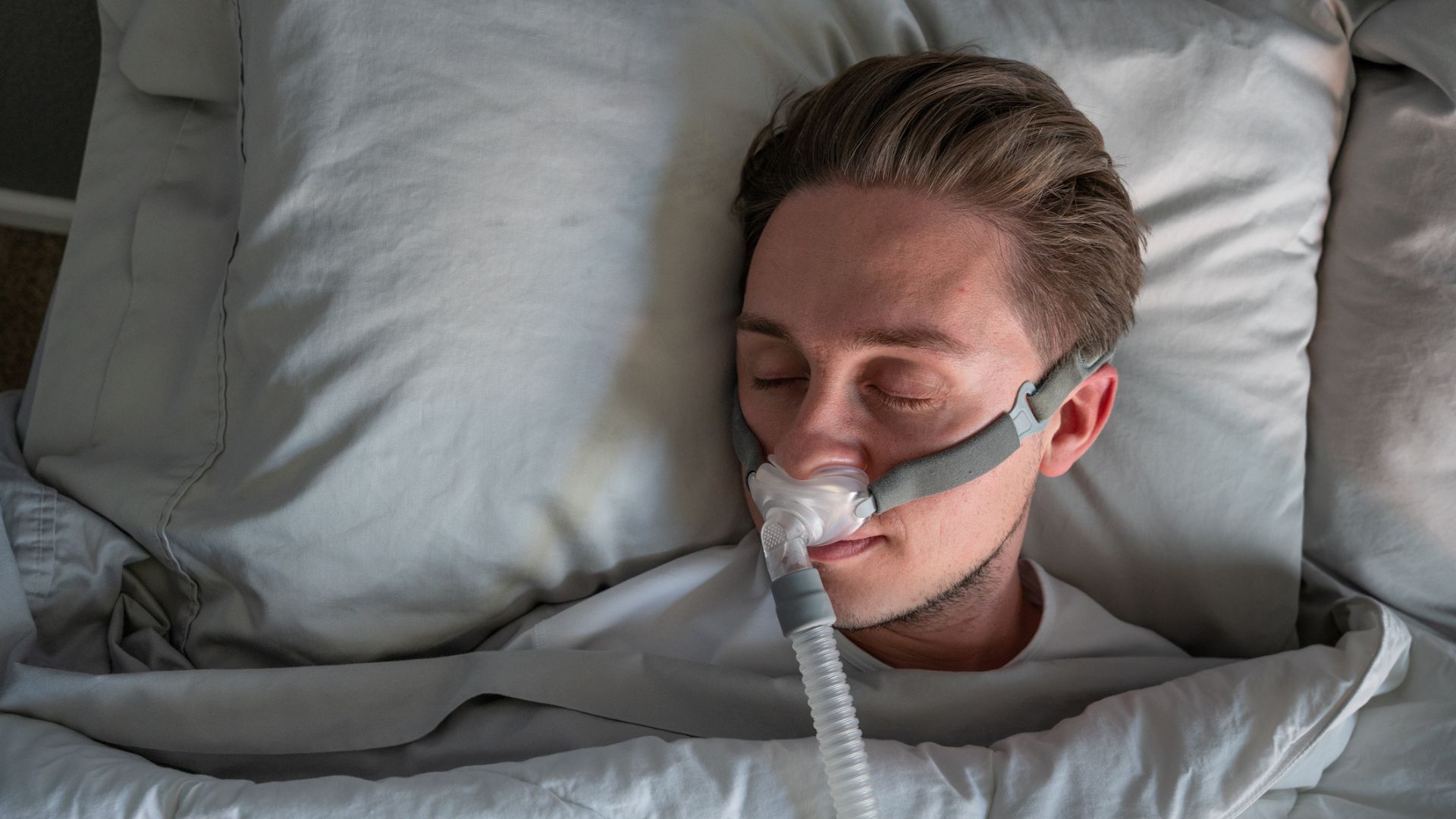
Even a CPAP machine, however, can't be considered a cure: if you stop using it, your sleep apnea will return. And despite their efficiency, research suggests as many as two-thirds of CPAP users quit due to the inconvenience of the treatment method. "It's advisable to try multiple treatment types to find one that works best for you," recommends Dr. Perry.
Can you cure sleep apnea at home?
If you are experiencing (or suspect you might have) obstructive sleep apnea, we recommend speaking to your healthcare provider before pursuing any treatment options. Your doctor can help you find the right course of action for you and your sleep.
With that said, there are things you can do at home to lessen sleep apnea. "There is a lot you can do to diminish your sleep apnea so that it's almost unnoticeable," explains Dr. Perry. "Losing weight, not drinking alcohol or caffeine, not smoking, sleeping on your back and managing nasal congestion should help." (These treatments are best suited to mild sleep apnea.)
However, both Dr. Perry and Dr. Kaylor strongly recommend consulting a healthcare provider first. "OSA is a very dangerous condition that comes with a host of medical consequences if not treated," warns Dr. Kaylor.
Can sleep apnea come back?
Treatment and lifestyle changes can significantly lessen the impact of sleep apnea. However, without a cure, the reverse is also true: sleep apnea can worsen if you neglect treatment.
"Your sleep apnea can definitely come back or worsen. If you gain weight, drink alcohol, smoke or stop sleep apnea treatment, that can cause the symptoms to come back and potentially worsen," says Dr Perry, a sentiment echoed by Dr. Kaylor.
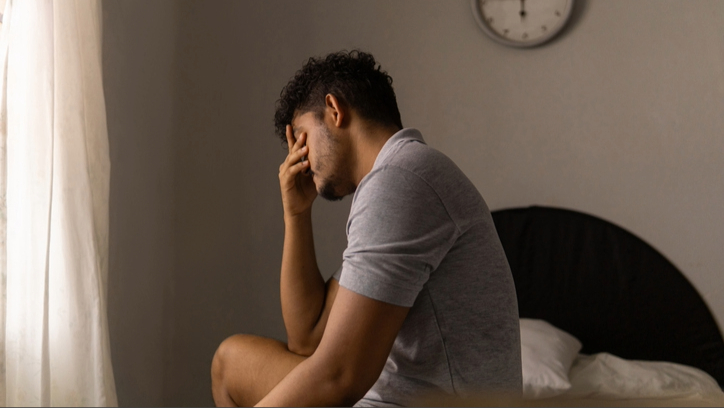
Aging can also cause sleep apnea to return or increase in severity. "As we age the muscles of the throat and airway lose their tone, which can increase the risk of OSA," notes Dr. Kaylor.
Can you cure central sleep apnea?
Central sleep apnea is a less common form of sleep apnea. While OSA is caused by an obstruction in the airway, CSA occurs when the brain fails to signal to the muscles that control breathing.
"You cannot cure Central Sleep Apnea," explains Dr. Perry. "CSA stems from issues in how the brain regulates breathing. There's no outright cure but you can lessen the impact with proper treatment."
CPAP and BiPAP machines are both used to treat central sleep apnea. If you suspect you're experiencing central sleep apnea, reach out to your doctor to discuss a diagnosis and treatment plan.

Ruth is a staff writer at Tom’s Guide, covering all things mattress and sleep. She has a deep interest in the link between sleep and health, and has tried enough mattresses to know the right bed really can make a difference to your wellbeing. At Tom’s Guide she writes to help people sleep better, from how-tos to the latest deals to mattress reviews, and has interviewed an array of specialists who share her passion. Before joining the team at Tom’s Guide, Ruth worked as a sleep and mattress writer for our sister website, TechRadar.
